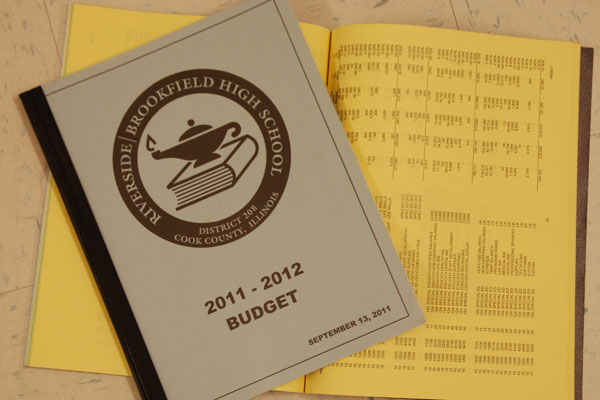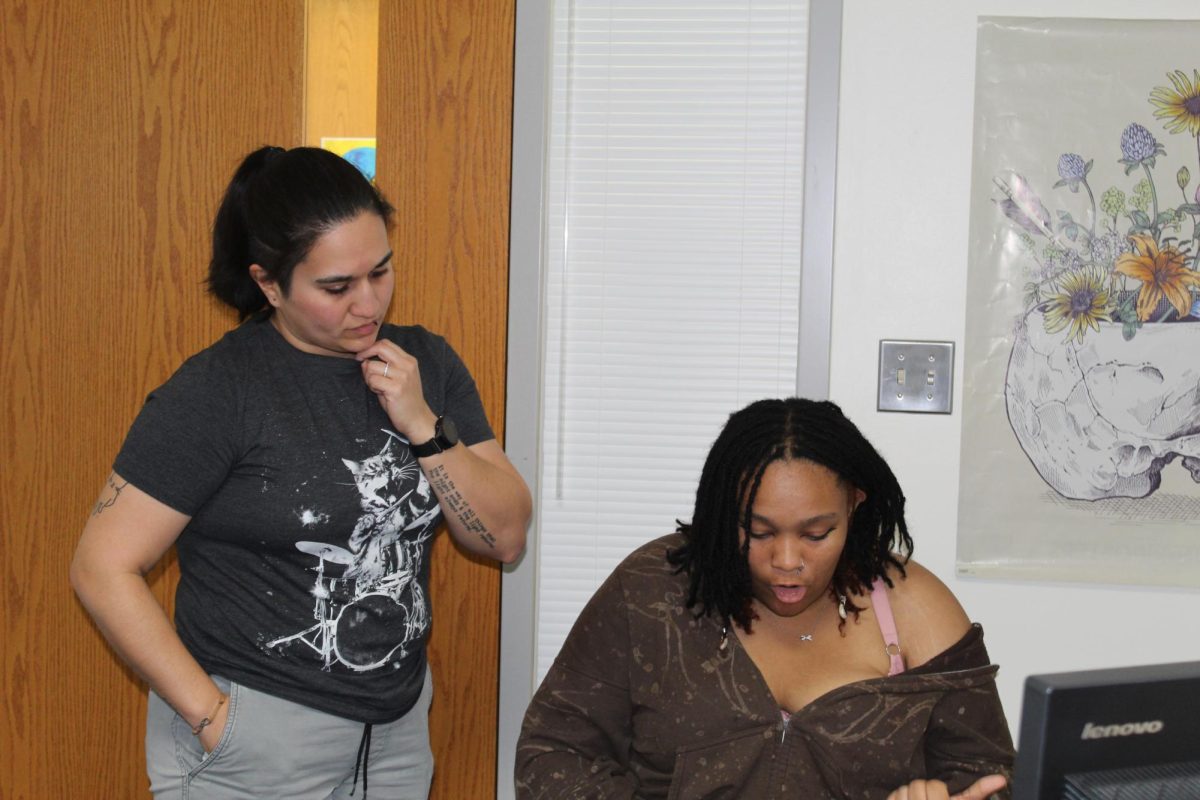From swearing in four new members, to approving the 2011-2012 budget, RB’s current school board has had a very eventful year.
In April of 2011, Garry Gryczan, Laura Hruska, John Keen and Tim Walsh were all elected to the school board, representing a majority of the seven-member board. In addition to this, Matt Sinde became the new board president.
“I think we’ve made some strides in the right direction. The lengths of the meetings have become more manageable. The policy and decision making is moving more to a governance model rather than a management model. I think the board and I are building a good relationship,” said Superintendent Kevin Skinkis, who is also serving out his first year at RBHS.
The new board, however, has faced many challenges throughout the year. One of the most important of these would be the approval of the 2011-2012 budget. Though the previous year’s school board had drafted a budget, the new board decided to revise it.
“The previous board provided budget scenarios for cuts to the school except for staff [cuts], which were decided in March 2011. The new board was responsible for developing and finalizing the 2011-2012 budget,” Sinde said.
Sinde believes that the new board has made many accomplishments this year, despite the many challenges they faced. “When you watch our board meetings, you see an increase in the interaction of the board, which provides for lively discussions and the ability to develop policy and review administrative programs to ensure that our students’ needs are being met,” he said.
Despite these improvements, the board still encountered many problems. Many in the community have claimed that the school board spends too much time arguing. Some in online forums have claimed that they are ‘dysfunctional.’ Skinkis disagrees with the characterization.
“I don’t believe the board is dysfunctional. They’re dealing with a very tough issue and they need to move at a pace that ensures they’re thinking not only of the short run, but also the long run impact of their decisions,” said Skinkis.
The school board had to make other decisions, as well. In addition to approving the budget, they also voted to give raises to most of the administration, including Pam Bylsma, Tim Scanlon, John Passarella, and Dave Sibley, again to the displeasure of some in the community who wondered about the choice of approving raises when programming was being cut for students.
“Everybody in the building received raises for the 2011-2012 budget,” said Sinde. “Should we not give raises to the administrators because they are in management?”
Still, Sinde defends the choice as being fiscally responsible.
“Those administrators who were eligible for a salary increase were given a raise that was a percentage of CPI (Consumer Price Index), which is a fiscally sound way of not deficit spending for salary increases,” he said.
The board also initiated a new minimum course enrollment policy. Through this policy, any class with less than twenty students enrolled must seek special approval from the school board in order to run.
“This board and administration are constantly looking for ways to be able to meet our financial responsibility and still deliver a quality education to our students,” said Sinde. “This policy allows the board to review these low enrollment courses to make a decision if they are needed or if there is another alternative which will meet our students’ needs.”
Looking ahead to next year, the three senior board members (Matt Sinde, Mike Welch, and Dan Moon) will be up for reelection. The four new board members will remain on the board for four years before their terms expire.
The next year will also bring more cuts to academics and extracurricular activities. In addition to this, the board is planning to negotiate a new contract with the teachers, whose contract expires at the end of next school year. The school board will also finalize the 2012-2013 budget.
Admist these decisions, Sinde has indicated that the school board is not planning on having a referendum in the future, nor are they looking into any other large scale means to raise revenue for the school, such as working cash bonds.
“Once our financial future is clear, the board will look at other revenue enhancing options to help our budget,” said Sinde.
Skinkis believes these changes are not unexpected.
“I think people knew once the referendum failed that there would be reductions to the budget and to the high school. I think people are expecting the same for next year,” said Skinkis.













